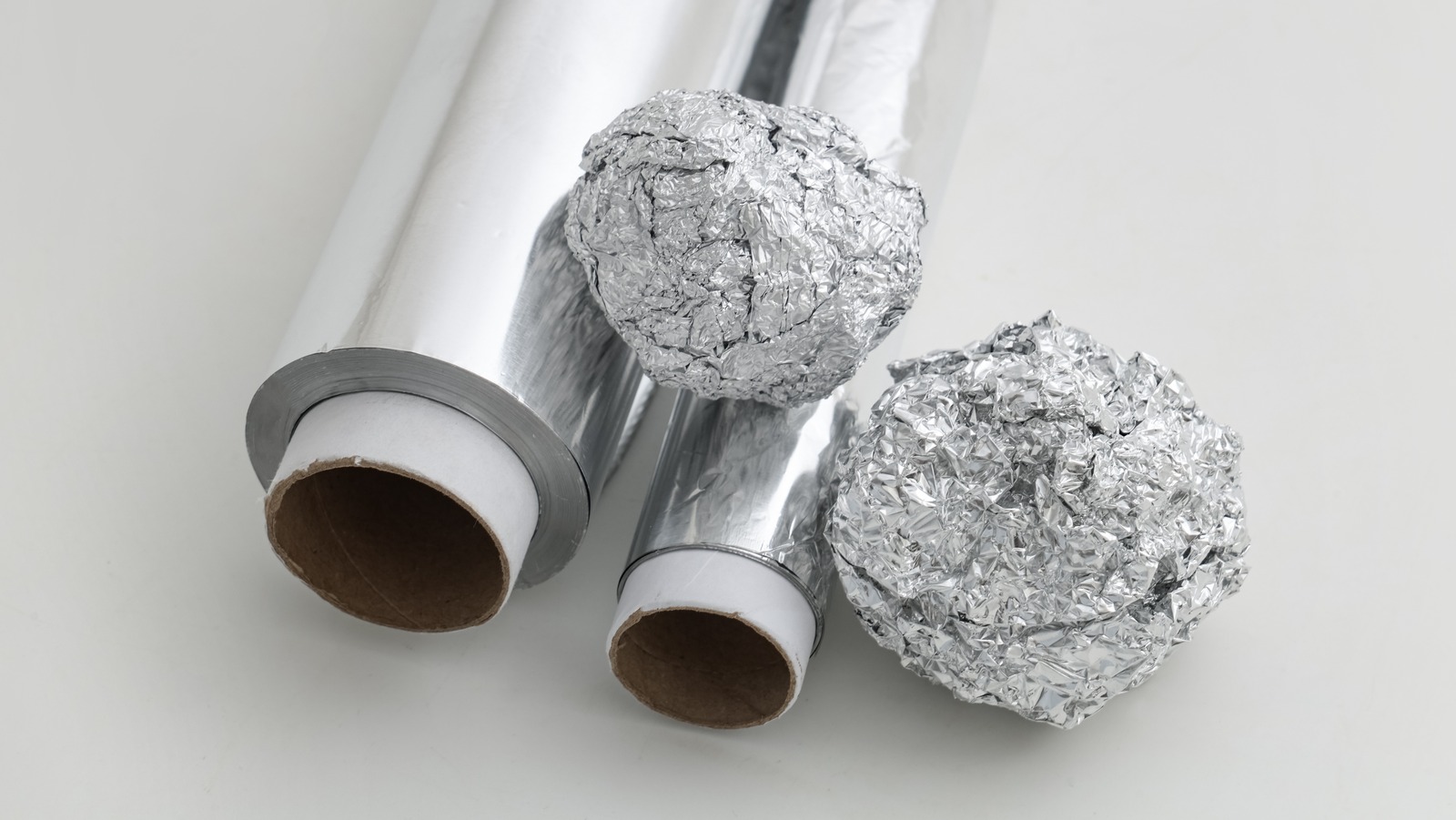Science
Aluminum Foil’s Role in Blocking RFID Signals Explored

The use of aluminum foil as a barrier against RFID (Radio Frequency Identification) signals has intrigued individuals for decades, spurred by both popular culture and scientific inquiry. This notion, rooted in fiction, has led many to wrap their car keys in foil to thwart potential thieves from wirelessly accessing the key fob’s signal. However, understanding the actual effectiveness of aluminum foil in blocking RFID signals reveals a more nuanced reality.
Historical Context and Popular Beliefs
The idea that aluminum foil can shield against invisible forces dates back to Julian Huxley’s 1927 short story, “The Tissue-Culture King.” In this narrative, a scientist dons a “cap of metal foil” to protect himself from a tribal leader who controls minds through telepathy. While this fictional scenario may seem far-fetched, the concept of using aluminum foil for protection against electromagnetic waves has persisted into modern times.
Today, many individuals believe that wrapping credit cards or key fobs in aluminum foil can prevent unauthorized scans. This belief has become particularly relevant with the rise of RFID technology, which is commonly used in various applications, including credit cards and vehicle key fobs.
The Science Behind Aluminum Foil and RFID Signals
Scientific understanding of aluminum foil’s effectiveness in blocking RFID signals is limited, but existing evidence supports the idea that foil can function as a shield under specific conditions. The principle of the Faraday cage, which describes how metal containers can block certain frequencies of electromagnetic radiation, is central to this discussion. According to the Department of Homeland Security, a Faraday cage is defined as a “metal mesh or foil container that is impenetrable by radio signals of certain frequencies.” This principle indicates that, in theory, aluminum foil can provide some level of protection for RFID tags.
Research from the University of Arkansas‘s RFID Research Center highlights the challenges associated with using aluminum foil for this purpose. A study examining retail theft prevention found that items placed inside aluminum-lined bags were still detectable by RFID systems approximately 77% of the time. This suggests that while aluminum foil may offer some protection, it is not foolproof.
According to RFID Card, a provider of RFID and NFC solutions, several factors influence the effectiveness of aluminum foil in blocking RFID signals. These include environmental conditions, the thickness of the foil, and the manner in which it is wrapped. As a result, the effectiveness of aluminum foil can vary significantly depending on these variables.
Experts recommend that individuals seeking to safeguard their RFID-enabled cards invest in specialized RFID-blocking wallets. These wallets are designed to provide a more reliable barrier against unauthorized scanning compared to makeshift solutions like aluminum foil.
In conclusion, while the concept of using aluminum foil to block RFID signals is rooted in a blend of fiction and popular belief, the scientific evidence suggests that it may not be the most effective method of protection. With varying effectiveness based on multiple factors, consumers are better served by opting for dedicated RFID-blocking products for enhanced security.
-

 Entertainment1 month ago
Entertainment1 month agoAnn Ming Reflects on ITV’s ‘I Fought the Law’ Drama
-

 Entertainment2 months ago
Entertainment2 months agoKate Garraway Sells £2 Million Home Amid Financial Struggles
-

 Health1 month ago
Health1 month agoKatie Price Faces New Health Concerns After Cancer Symptoms Resurface
-

 Entertainment1 month ago
Entertainment1 month agoWhere is Tinder Swindler Simon Leviev? Latest Updates Revealed
-

 Entertainment2 months ago
Entertainment2 months agoKim Cattrall Posts Cryptic Message After HBO’s Sequel Cancellation
-

 Entertainment1 month ago
Entertainment1 month agoCoronation Street’s Carl Webster Faces Trouble with New Affairs
-

 Entertainment2 months ago
Entertainment2 months agoMasterChef Faces Turmoil as Tom Kerridge Withdraws from Hosting Role
-

 Entertainment3 months ago
Entertainment3 months agoSpeculation Surrounds Home and Away as Cast Departures Mount
-

 World1 month ago
World1 month agoCole Palmer’s Mysterious Message to Kobbie Mainoo Sparks Speculation
-

 Entertainment1 month ago
Entertainment1 month agoITV’s I Fought the Law: Unraveling the True Story Behind the Drama
-

 Entertainment4 weeks ago
Entertainment4 weeks agoCaz Crowned Winner of The Great British Sewing Bee, Overjoyed by Triumph
-

 Entertainment2 months ago
Entertainment2 months agoAldi Launches Cozy Autumn Fragrance Range Ahead of Halloween















